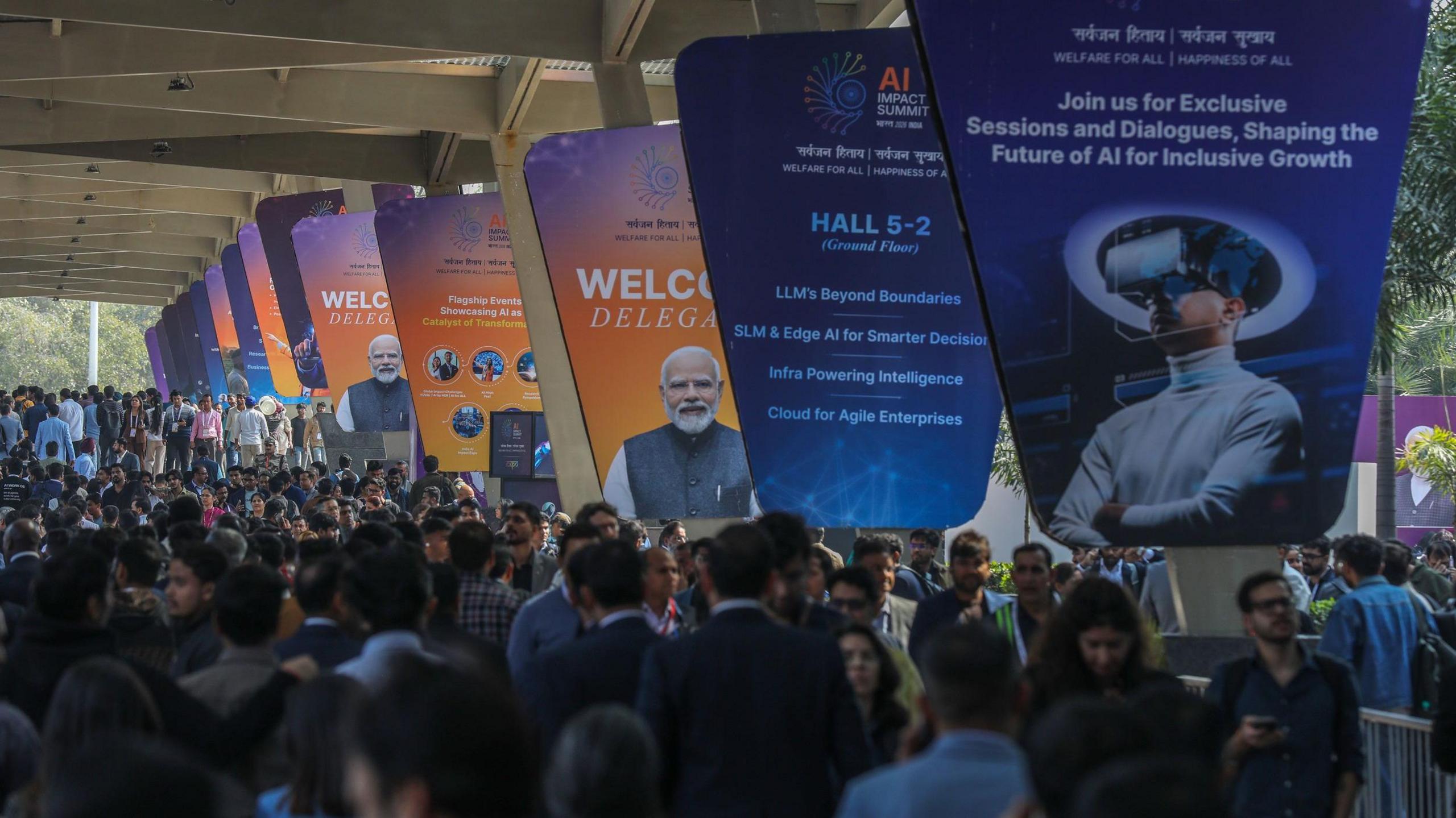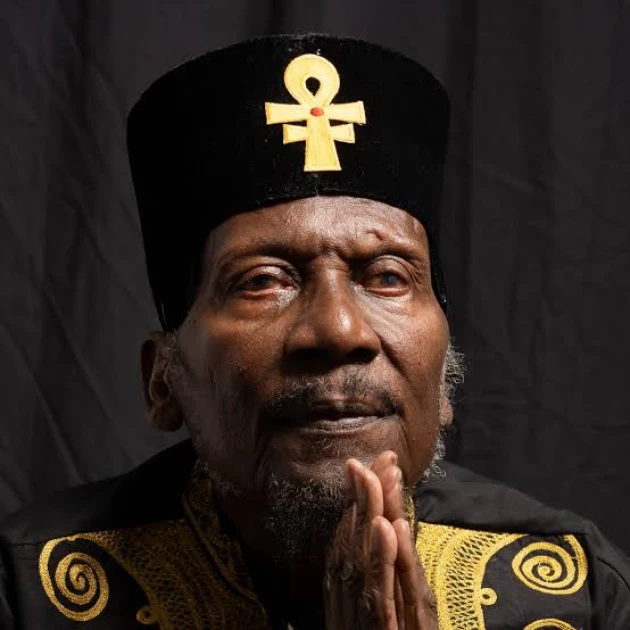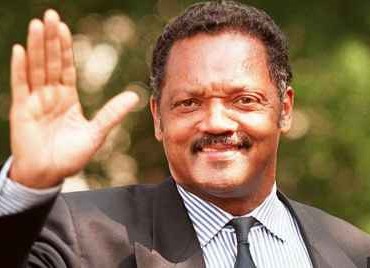A post-Brexit free trade agreement between the UK and the United States could take years to thrash out, a leading American economist has warned.
Speaking ahead of today’s British American Business Council (BABC) transatlantic conference in Birmingham, Joe Brusuelas, the chief economist for RSM in the US, called for a reality check following suggestions of a quick-fire trade deal between the two countries.
Mr Brusuelas, who will address delegates at the Royal Birmingham Conservatoire this morning, says differing opinions on agriculture, telecommunications and the role of technology could be sticking points during negotiations.
He said: “When thinking about what a UK-US free trade agreement would look like, the first thing you might want to think about is how long will it take to negotiate.
“Nigel Farage said 48 hours, Liam Fox would say just a matter of weeks or months. We need to have a reality check on that – this is going to take years.
“What I’d suggest businesses do is look at the US-Australian free trade negotiations which went on for a long time and left some hard feelings.
“So this isn’t something that is going to be immediate palliative for smaller to medium enterprises here in the UK or the Midlands.”
“What would be the negotiating points around which an FTA would revolve?
“From a US point of view, the US is going to want access in terms of agriculture, pharmaceuticals, telecommunications, technology and financial services.
“Financial services has some low-hanging fruit that could jumpstart negotiations and get them going.
“One would be remiss if they didn’t acknowledge the difficulties in agriculture and telecoms. “And then, of course, there is the role of technology and the issue of privacy.
“There are very clear differences of orientation in opinion with respect to technology and privacy and the role it is going to play in the new economy that will then develop.
“We often talk about the US and UK being two countries separated by a common language. “If we end up in an FTA it is going to be two countries separated by a common language with many colourful accents.”















